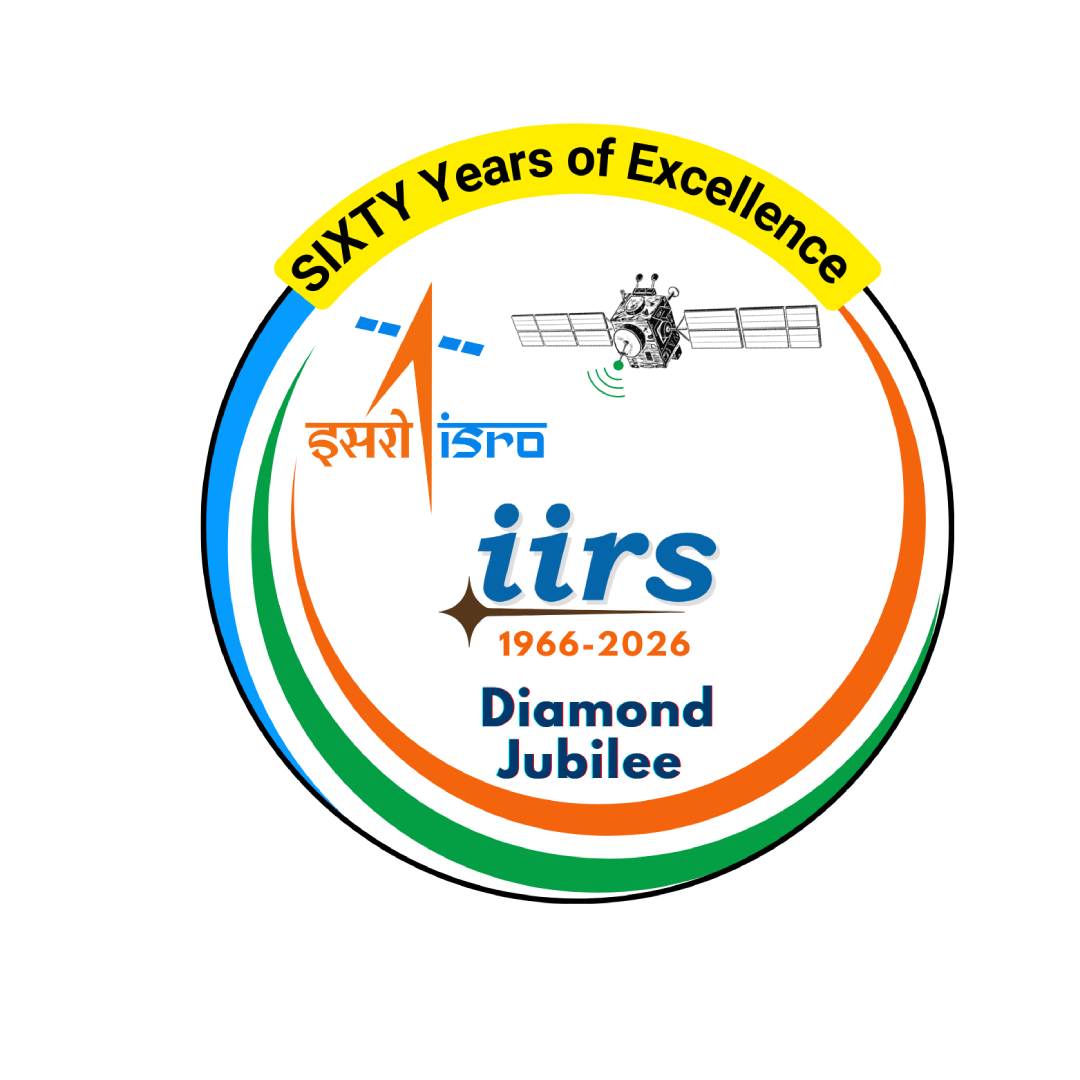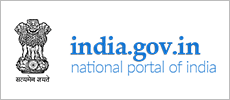Profile of Scientist and Scientific Staff

Considering the importance of studying the science behind the incidence and intensity of natural and anthropogenic hazards and adverse environmental impacts such as earthquake, land slide, flood, drought, tsunami and cyclone, mine fire and roof collapse, groundwater pollution and hazards, forest fire, land degradation and coastal hazards, Disaster Management Science Department has been recently created under the aegis of Geosciences and Disaster Managements Studies Group of the institute. The department is dedicated towards capacity building and research in the fields of remote sensing and geospatial techniques for assessment, monitoring and modelling of natural and anthropogenic disasters with prime focus on prevention and mitigation measures leading to disaster risk reduction. Currently, this department offers one PG Diploma in RS and GIS applications in Natural Hazards and Disaster Management Studies with specialisation in Hydrometeorological (flood, drought and coastal) and Geological hazards (earthquake, landslides, mining related hazards, glacial lake outburst flood (GLOF), etc.). This course was first ever diploma course of 10 months duration introduced in 2001 with the collaboration of ITC - Faculty of Geo-Information Science and Earth Observation, University of Twente, The Netherlands. Over a period of time, the institute has developed very good expertise in landslide modelling, seismic microzonation, active fault mapping, liquefaction modelling, Differential Interferometric Radar (DInSAR) based land surface displacement modelling, flood modelling, drought monitoring, soil erosion modelling, forest fire risk assessment, storm surge modelling, extreme climate induced hazard analysis, multi-hazard vulnerability and risk assessment. This department along with other departments of IIRS undertakes studies on natural hazards occurring in Indian sub-continent and extensively uses Indian satellite data and other data sets available through International Charter on Disasters.
Thrust areas: Remote Sensing and GIS based in landslide modelling, geodynamics and earthquake science, earthquake hazard analysis, mining and groundwater induced land subsidence modelling, thermal anomaly detection and coal fire monitoring, flood modelling, drought monitoring, risk and vulnerability assessment, forest fire and degradation analysis, soil erosion modelling, extreme climate induced hazards, storm surge, cyclone and coastal hazards analysis.
Regular Courses:
- P.G. Diploma in Natural Hazard & Disaster Risk Management
- Landslide mapping, monitoring, modelling, and EWS
- Earthquake hazard analysis
- Mining hazard (Fire and Subsidence)
- Risk and vulnerability assessment
- Flash flood hazard mapping and modelling
- Snow melt runoff modeling.
- Mapping of glaciers, glacial lakes and modeling of glacial lake outburst flood.
- Forest fire and degradation analysis
- Ecosystem vulnerability to climate change
- Extreme precipitation modeling
- Disaster response integrating social media & geospatial data
- Long Term Ecological Research Stations: (Phenology, Productivity, Ecosystem exchange, Fire Ecology, Decomposition, Nutrient cycling, Species loss, Climate Change Impacts)
- Automatic Weather Stations
- Phenocams
- Continuously operating reference stations
- Ground Penetrating Radar
- Spectro-radiometer
- Laser range finder
Phone : +91-135-2524371
Email : dms[at]iirs[dot]gov[dot]in
Address : 4, Kalidas Road,Dehradun- 248001 India





